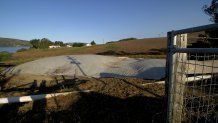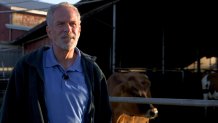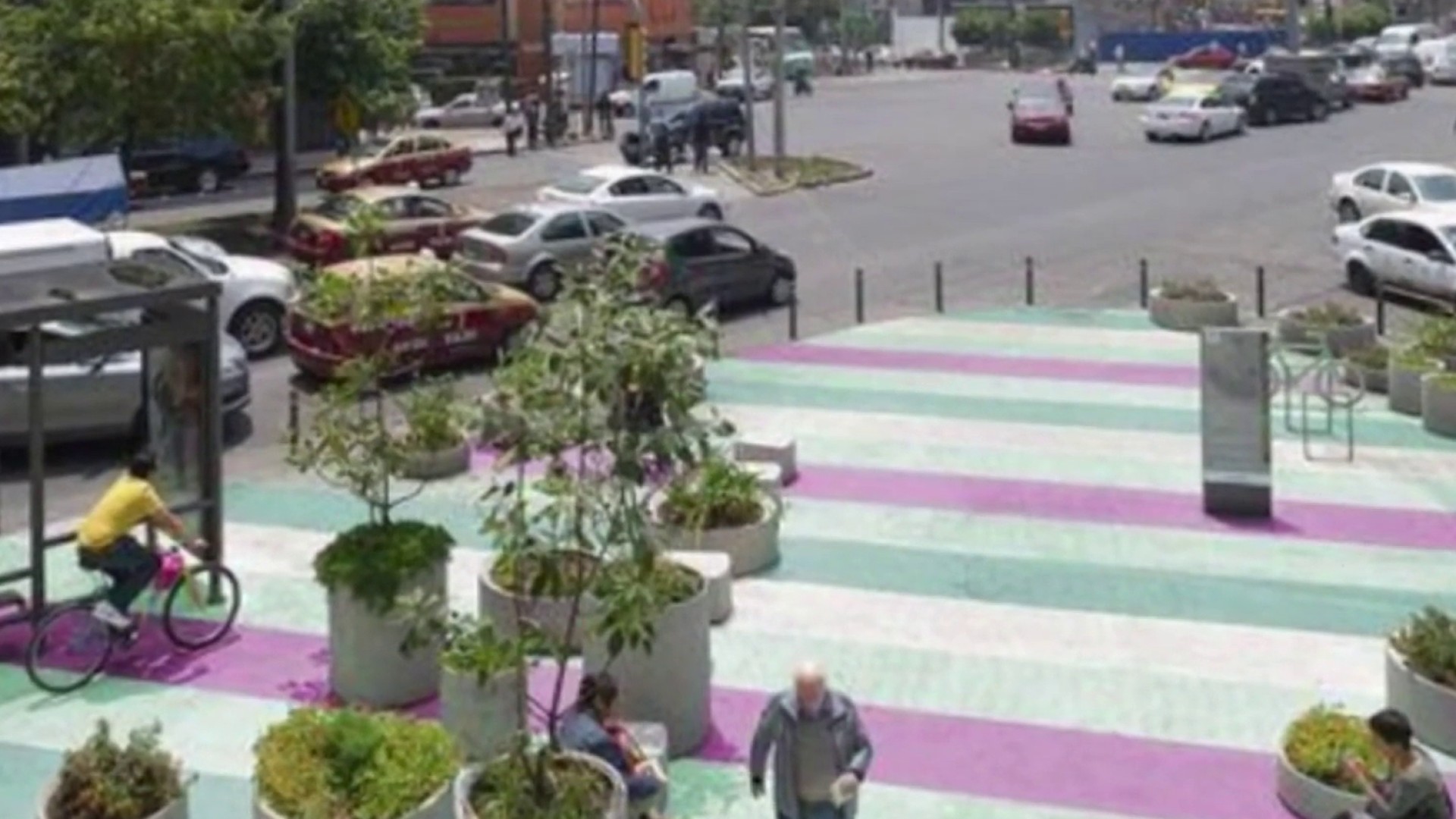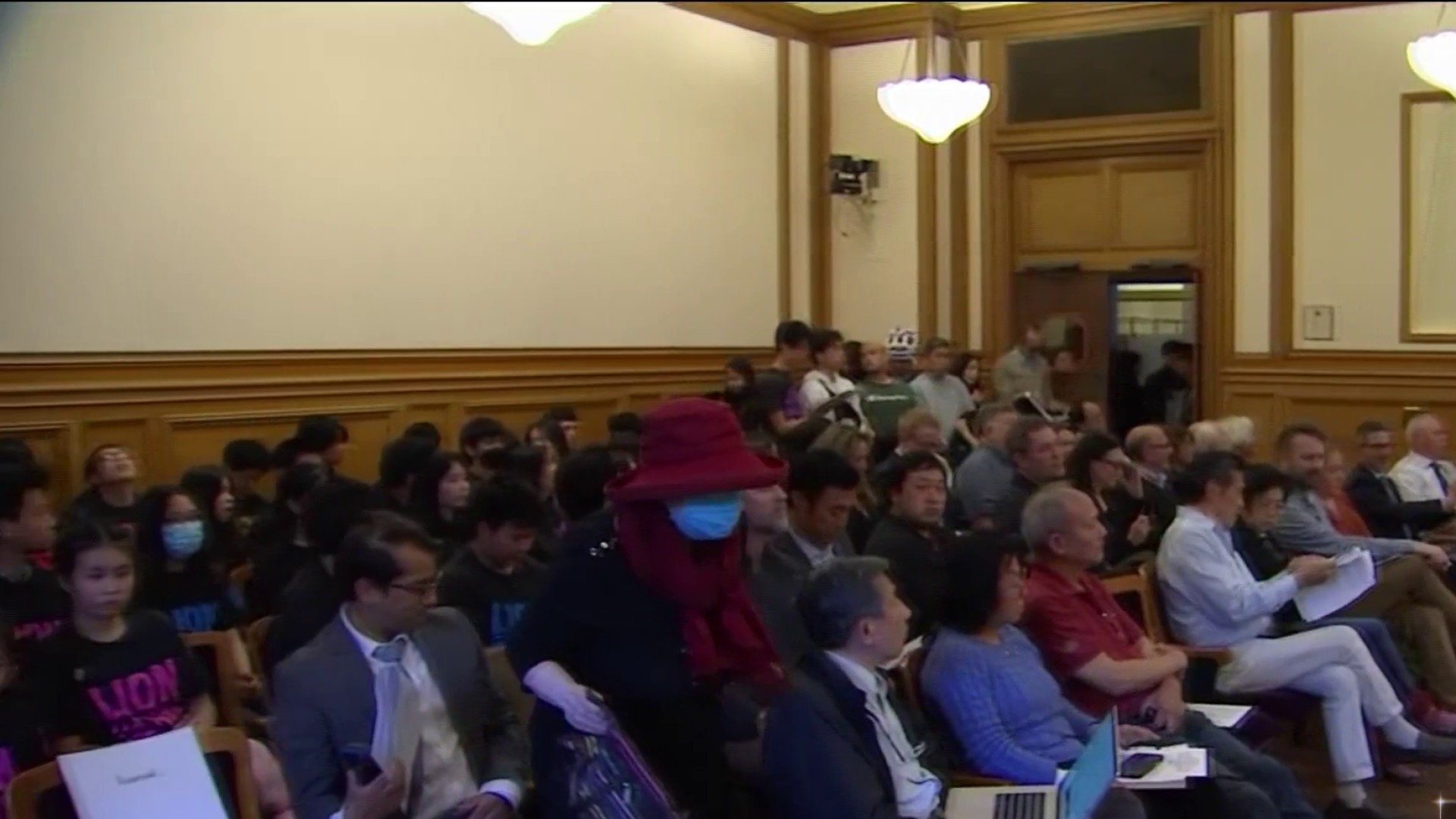When it comes to the less-glamorous side of dairy farming, West Marin County dairyman Albert Straus has embraced everything his cows care to contribute — from their milk to their poop to their belches.
As the world looks for ways of reducing polluting greenhouse gases that contribute to climate change, Straus has taken aim at his own dairy in the fight.
"I was always looking at how could I address the methane concerns from dairies," Straus said, standing on his farm in Marshall, facing the sweeping expanse of the Tomales Bay.
In 1994, Straus’ Dairy become the first certified organic dairy and creamery west of the Mississippi. In 2004, he became the first to install a methane digester to capture harmful methane gas from his cows’ poop while turning it into energy. Now he’s targeting the cow’s belches, launching an experiment to see if feeding red seaweed to his cows will reduce their burping — another major source of polluting methane gas.
"I think it’s about 40% of the methane coming from cows is from belches,” Straus said.

Methane is a greenhouse gas 30 times more harmful than carbon dioxide in heating the earth’s atmosphere and contributing to climate change. In his effort to harness the methane coming from his cow’s manure, Straus installed the digester, which uses bacteria to extract the gas from the poop beneath a large tarp and turn it into electricity.
Local
The process created so much electricity that Straus could power his entire farm from it and even have excess to sell back to PG&E. The solids extracted from the manure are used to fertilize the farm’s fields. Heat from the motor heats the water used to clean his milking machines. Straus uses the electricity to charge his new electric feed truck.
"I’d like to claim the first electric feed truck in the world to feed our cows powered by our cows," Straus boasted.
California recently passed an ambitious goal ordering the state’s dairies to cut methane emissions 40% by the year 2030. On Straus’ farm, he’s trying to go a step further. He’s set a goal to make his farm carbon neutral by the year 2020.
"We have the first dairy in the United States to have a carbon farm plan, a 20-year plan to sequester 2,000 metric tons per year," Straus said.

Scientists said it’s urgent more farms follow the same path as Straus in working to reduce methane emissions, which in addition to livestock, are contributed by oil refineries, food scraps and rice fields.
"Just a little bit of methane has a very big impact on the amount of heat that’s trapped by the earth’s atmosphere, thereby causing the climate to warm," said William Collins, a professor of climate science at UC Berkeley. "We’re virtually certain that we have a limited window in which to act to forestall the worst effects of climate change."
Straus said he’s looking forward to launching his experiment to reduce cow belching in conjunction with UC Davis. He said certain varieties of red seaweed can stifle cow belching by 80 to 90%.
Straus looked out across the farm his father founded in 1941, looking past the digester and the lagoon of liquified cow poop, across grassy fields pressed against the Tomales Bay.
"I feel essential that we work together to look at a common vision for the future," Straus said.



